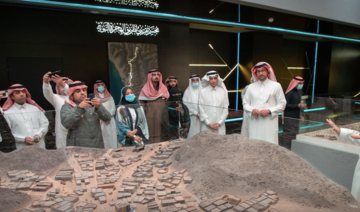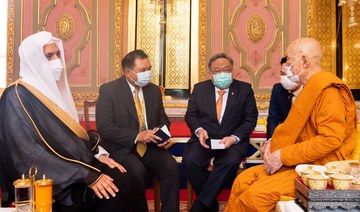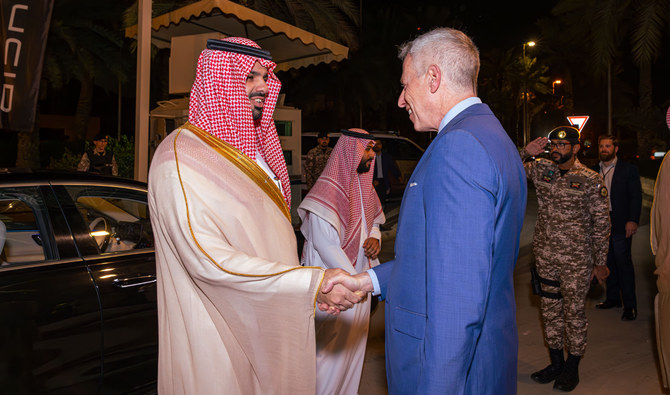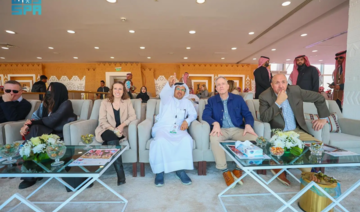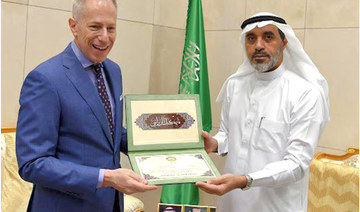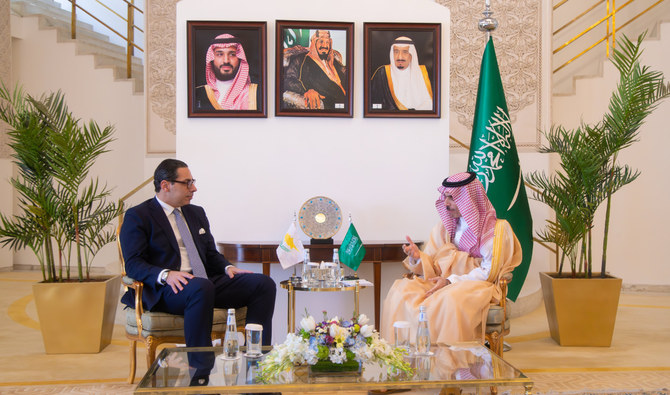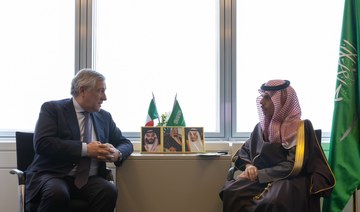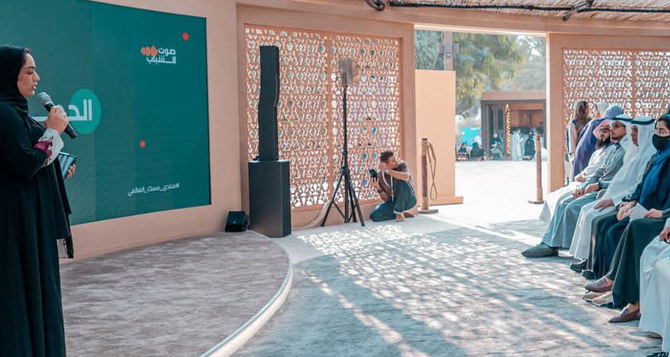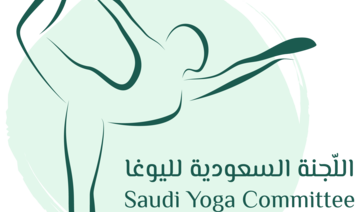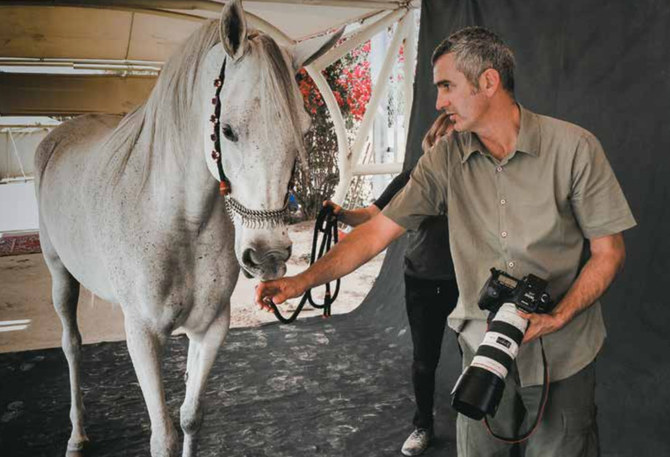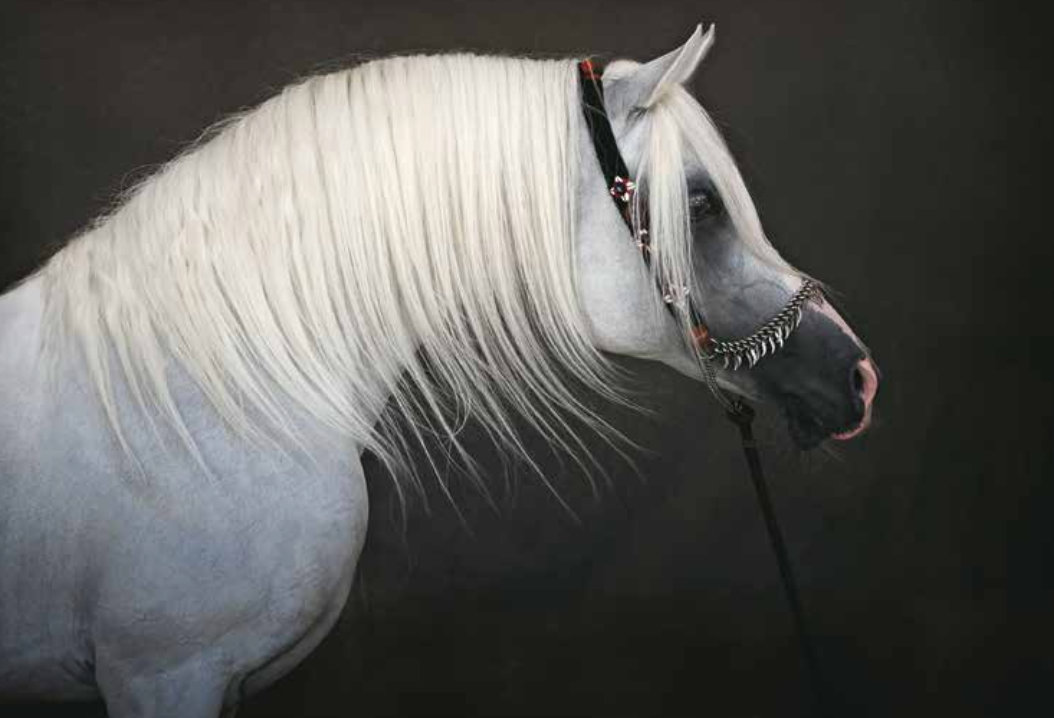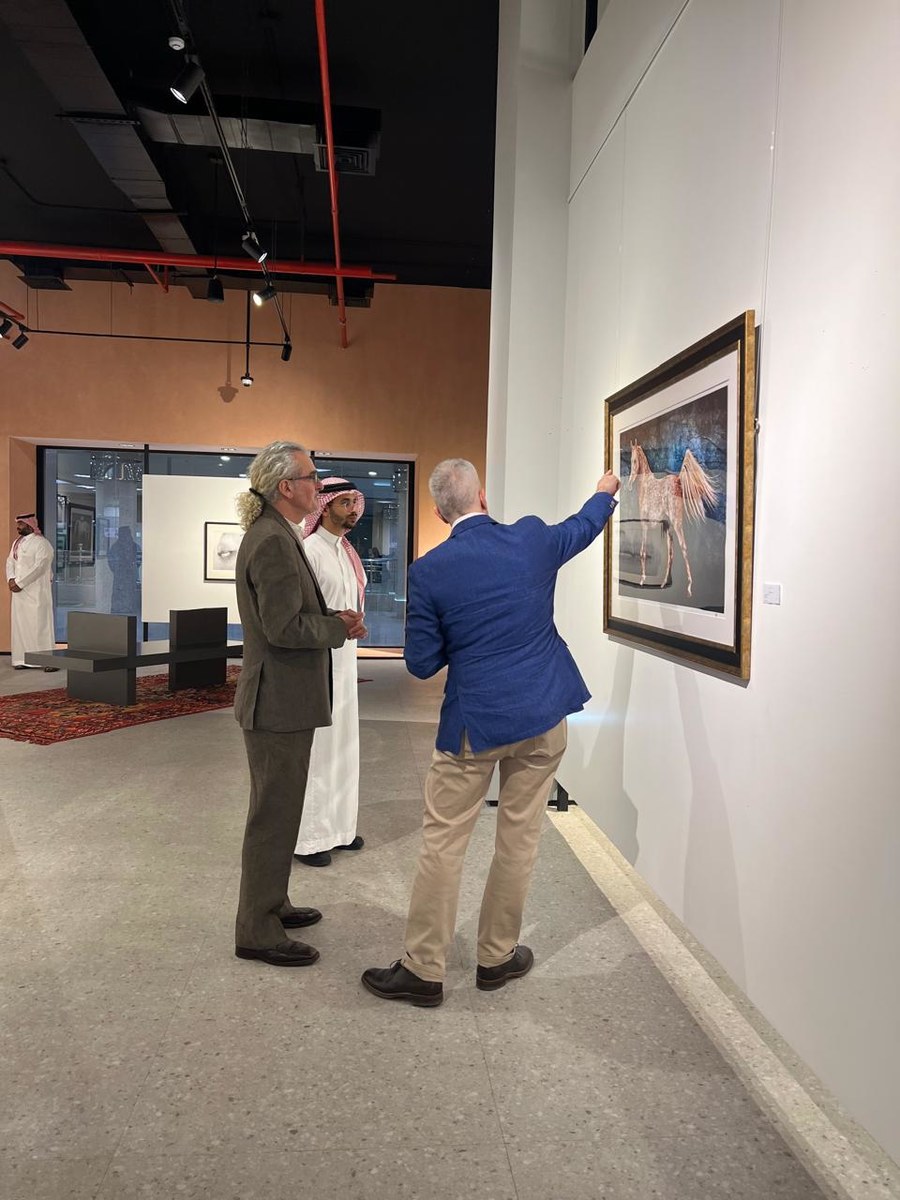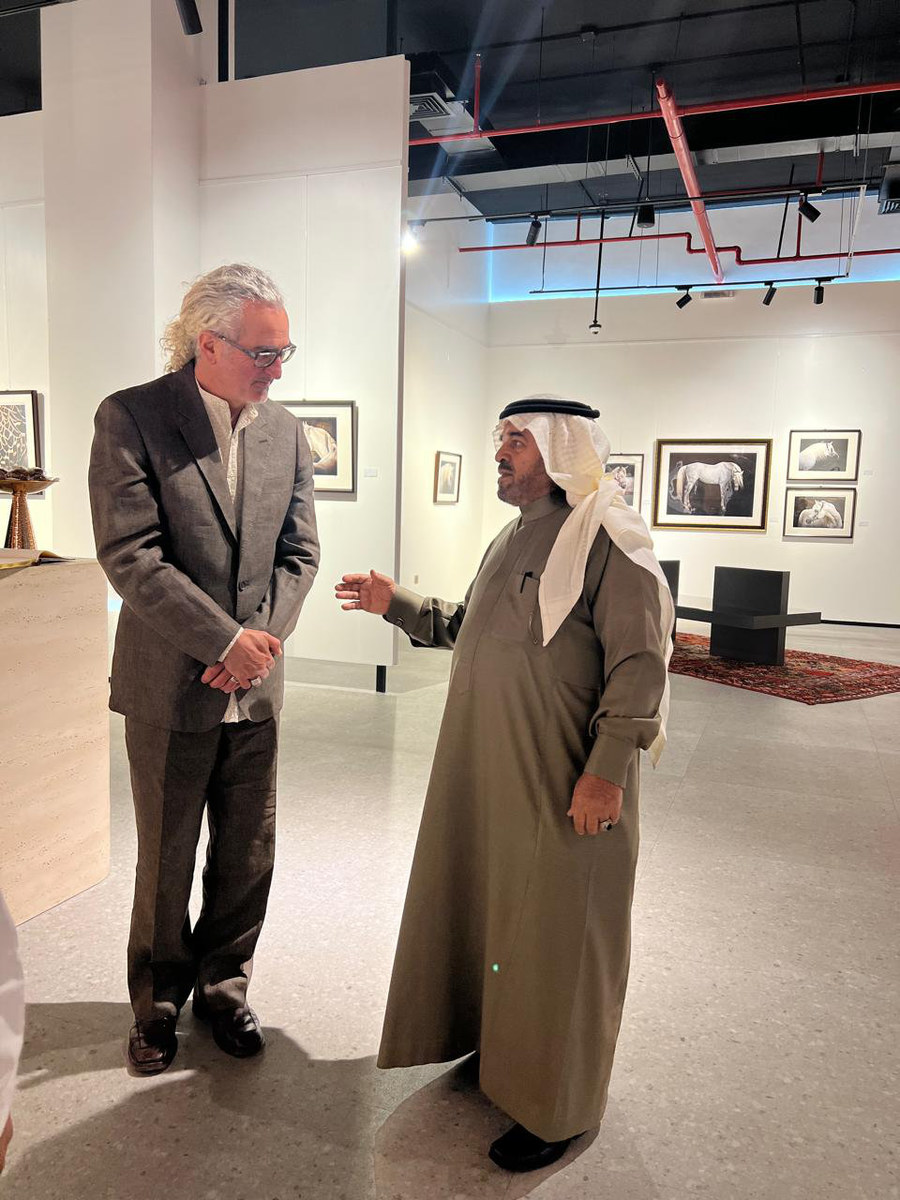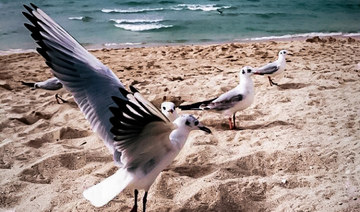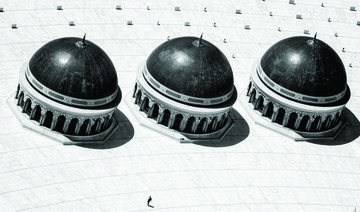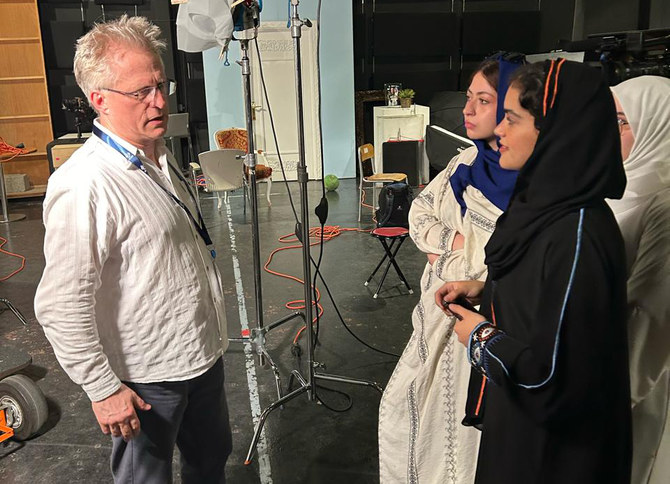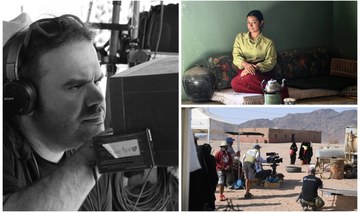JEDDAH: Effat University’s School of Cinematic Arts in Jeddah welcomed aspiring filmmakers and cinephiles to the 11th Showreel Effat International Student Film Festival this week.
The theme for the three-day event, which concluded on Thursday, was “Behind the Seen,” reflecting the aim of organizers to shed light on the creative process and less-visible aspects of filmmaking. The program included a diverse range of cinematic offerings celebrating the work and talent of student filmmakers, not only those studying at the school but also their peers around the globe.
Mohammed Ghazala, head of the School of Cinema Arts, set the scene with an overview of the works featured during the festival, at the heart of which were films created by students and graduates of the school, which has been a pioneer in film and animation education in the Kingdom.
Alongside the home-grown talent, the festival provided a showcase for an impressive selection of international student films. These were carefully curated from a pool of 2,150 submissions from more than 115 countries, which were whittled down to a final selection of 57 exceptional works from 27 nations: Saudi Arabia, Egypt, Lebanon, Tunisia, Yemen, Morocco, Turkey, France, Belgium, Japan, Italy, Estonia, the Czech Republic, the US, China, New Zealand, Singapore, Canada, Taiwan, Russia, Greece, Spain, Poland, India, Indonesia, Mexico and Pakistan.
The chosen films competed for awards in seven categories, including Best Saudi Feature Film, Best International Animated Film, and the prestigious Audience Award.
In addition to providing a platform for emerging filmmakers to showcase their talent and creativity, organizers said the festival also aims to foster cultural exchanges and celebrate the art of cinema on a global scale.
Integral to this is a commitment to nurturing talent and encouraging dialogue within the industry, which was reflected in a series of seminars and workshops led by industry professionals. Effat University lecturer and festival coordinator Marina Ivanseva gave an overview of the sessions, which offered insights into a wide spectrum of topics key to the craft.
They included sessions on a creative cinematic post-production workshop supported by video-streaming service Netflix, cinematography workshops conducted by film camera manufacturer ARRI, and a visual effects workshop backed by specialist studio VFX Mojo.
They were presented by renowned figures and industry insiders such as Saudi artist Sarah Taibah, Oscar-winning German director Thomas Stelmach, British professor Rut Luxemburg, American visual effects artist Matt Beck, and cinematographer James Niehaus.
There were also lectures on animation and experimental film presented by the Royal College of Arts in London, while Stellmach offered insights into his professional journey that led to the Oscars. Saudi producer Nadia Malaika shared valuable career insights, Egyptian lawyer Khaled Al-Arabi discussed legal rights in filmmaking, and Mohammed Sobeih looked at the creation of animated films using Toon Boom software. The festival concluded with a session focusing on animated cinema presented by Synergy University.
“We were thrilled to welcome numerous local and international guests who shared their cinematic experiences with us … during the 11th Showreel Effat International Student Film Festival,” said Asmaa Ibrahim, the dean of Effat College of Architecture and Design.
“Students from Dar Alhekma, King Abdulaziz, and Princess Noura (universities) in Riyadh joined us in celebration. It was a delight to host guests from prestigious institutions such as the Royal College of Art, Netflix, Maflam, Film Association and VFX Mojo, who conducted exceptional workshops. The interactive discussions were engaging and we appreciate the participation of everyone.”
Karim Sahai, a visual effects professional from France, said: “I’m proud to have been a part of this incredible festival, with such a fantastic audience and remarkable guests from all over.
“The quality of their engagement and the depth of their questions during my workshop surpassed my expectations. I truly believe I’ll return to bask in this energy once more; it’s truly inspiring.”
Beyond artistic appreciation, organizers said another aim of the festival is to help forge academic and strategic partnerships, and Effat University has built alliances with institutions such as the University of Southern California and the Red Sea Film Festival Foundation with the goal of fostering collaboration and exchange of knowledge on a global scale.






